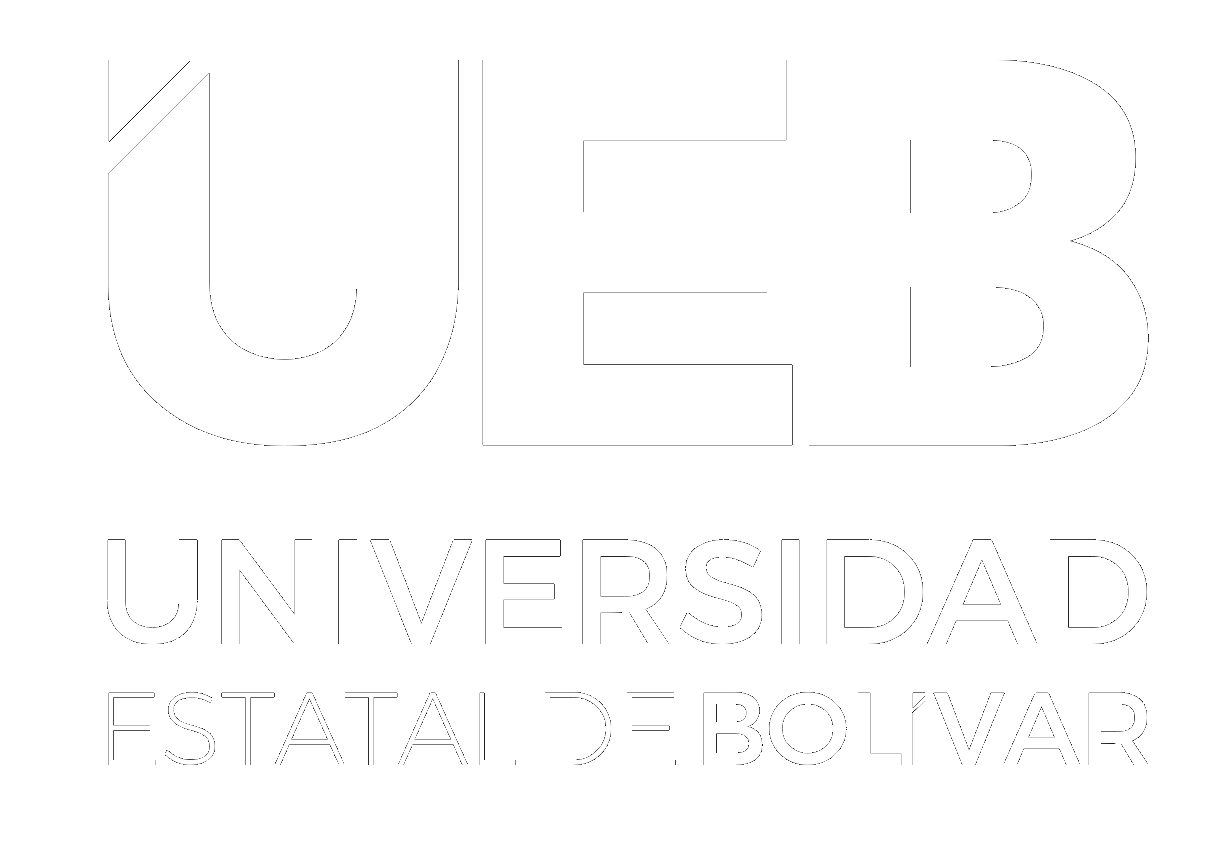Por favor, use este identificador para citar o enlazar este ítem:
https://dspace.ueb.edu.ec/handle/123456789/149| Título : | Balance social en la gestión socioeconómica de la cooperativa de ahorro y crédito “Juan pio de Mora” matriz, cantón San Miguel, provincia Bolívar, periodo 2013-2014 |
| Autor : | Jaya Escobar, Isabel Flores Barragán, Valeria Priscila |
| Palabras clave : | BALANCE SOCIAL EN LA GESTIÓN |
| Fecha de publicación : | 21-oct-2014 |
| Editorial : | Universidad Estatal De Bolívar. Facultad De Ciencias Administrativas Gestión Empresarial E Informática. Escuela De Gestión Empresarial |
| Citación : | FCA-CA;14 |
| Resumen : | Whereas the main objective of the Organic Law of the People and Solidarity Economy and the Popular and Solidarity Financial Sector (LOEPS) is to promote and strengthen grassroots solidarity financial sector and all sectors of the economy economy, always prioritizing the needs and contributing to the welfare of the community. The overall objective of this research work was to establish the importance of the Social Balance in socio-economic management of the cooperative, through the application of methods and techniques that facilitated the research process. By developing descriptive research, field and bibliográfica- the theoretical framework was developed; information that allowed us to establish the importance of social balance in an institution, plus inductive and deductive approach allowed us to establish the research problem and formulate the hypothesis to be tested with the investigation. By applying the technique of the interview managers and survey employees and partners, we could determine how it influences the importance of social balance in institutional socio-economic management. A model of social balance applied to the Cooperative Juan Pio de Mora is necessary, it is considered one of the most appropriate measures to inform stakeholders about the social actions of an institution in a given period tools. This research consists of three chapters: XIII Chapter I in which the problem is posed by the contextualization of it, the problem is formulated to investigate, justified why and importance of research and the overall objective and specific fixing. Through theoretical framework it is based on a philosophical and legal study the issue through research on different sources of information. It also allowed to establish the proper methodology and instruments used for data collection. Chapter II includes the analysis and interpretation of results, ie the tabulation and analysis of information obtained through surveys and interviews applied, then make findings and recommendations. Chapter III contains the proposal and their respective development, namely the social balance model as an alternative to present social information also contains the results after having prepared and presented the solution to the research topic. Aspiring the theme developed serve as a source of information and applicable model similar institutions, who are interested in reporting on social responsibility. |
| Descripción : | Considerando que el objetivo fundamental de la Ley Orgánica de la Economía Popular y Solidaria y del Sector Financiero Popular y Solidario (LOEPS) es fomentar y fortalecer la economía popular y solidaria del sector financiero y de todos los sectores de la economía, siempre priorizando las necesidades y contribuyendo al bienestar de la comunidad. El objetivo general del presente trabajo investigativo fue Establecer la importancia del Balance Social en la gestión socioeconómica de la Cooperativa, mediante la aplicación de métodos y técnicas, que facilitaron el proceso de investigación. Mediante el desarrollo de la investigación descriptiva, de campo y bibliográfica- se elaboró el marco teórico; información que permitió establecer la importancia del balance social en una institución, además el método inductivo y deductivo permitió establecer el planteamiento del problema de investigación y a formular la hipótesis a comprobar con la investigación. Con la aplicación de la técnica de la entrevista a los directivos y de la encuesta a los empleados y socios, se pudo determinar cómo influye la importancia del balance social en la gestión socioeconómica institucional. Un modelo de balance social aplicado a la Cooperativa Juan Pio de Mora es necesario, pues es considerado una de las herramientas más adecuadas para informar a los grupos de interés sobre el accionar social de una institución en un periodo determinado. El presente trabajo de investigación consta de 3 capítulos: XIII Capítulo I en el cual se plantea el problema mediante la contextualización del mismo, se formula el problema a investigar, se justifica el por qué e importancia de la investigación y se fijan el objetivo general y los específicos. A través del marco teórico se fundamenta de forma filosófica y legal el tema de estudio, mediante la investigación en diferentes fuentes de información. También permitió establecer la metodología adecuada y los instrumentos a utilizar para la recolección de datos. El capítulo II comprende el análisis e interpretación de resultados, es decir la tabulación y análisis de la información obtenida a través de las encuestas y entrevistas aplicadas, para luego emitir las conclusiones y recomendaciones. El capítulo III contiene la propuesta y su respectivo desarrollo, es decir el modelo de Balance social como alternativa para presentar información social, además contiene los resultados obtenidos, luego de haber realizado y presentado la solución al tema de investigación. Aspirando que el tema desarrollado sirva de fuente de información y modelo aplicable a instituciones similares, que se interesan por informar acerca de su responsabilidad social. |
| URI : | http://dspace.ueb.edu.ec/handle/123456789/149 |
| Aparece en las colecciones: | Contabilidad y Auditoria CP |
Ficheros en este ítem:
| Fichero | Descripción | Tamaño | Formato | |
|---|---|---|---|---|
| TESIS VALERIA.pdf | Tesis completa | 3,02 MB | Adobe PDF | Visualizar/Abrir |
Los ítems de DSpace están protegidos por copyright, con todos los derechos reservados, a menos que se indique lo contrario.

